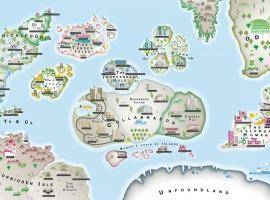One key element is how data is collected and used in a way that is both efficient and respectful of privacy and public interest. Most online services business models are based on an extensive collection of personal data to push targeted ads. The level of distrust is relatively high among Europe, and a majority of citizens are concerned about the lack of transparency and accountability on the collection and use of their data. A survey, conducted in 2018 on behalf of the Open Data Institute (“Attitudes towards data sharing in Europe”) revealed that only 5% of French citizens trust social networks about the use of their data. More interestingly, compared to other European countries, such as Germany, the Netherlands or the United Kingdom, France’s population appears a lot more sceptical about sharing personal data with private, and even public, institutions. Only 19% of the respondents said they trust their local government authorities with personal data about themselves.
Enabling trust is precisely where local authorities have a role to play. Central and local administrations collect a lot of personal data to offer citizens a range of public services. This data collection happens at every stage of an individual life, “from the cradle to the grave”. Registering the birth of a newborn is mandatory in France, so families can apply for child benefits or a nursing place. At 3, any child has to go to school, and the city then collects more data about its family, its parents’ occupation and their address. Income and revenues data are also used to calculate benefits and allow a fair price for the canteen, for instance. It is essential to understand a significant difference here between the public and private sectors: if you are not confident about the use of your data by YouTube, you are still free not to use this platform. But giving personal data is mandatory to apply for child benefits, for instance.
Cities need to collaborate with citizens by ensuring them a fair and trustworthy data sharing system.
“What if cities took a central role in returning citizens’ data to them, so their citizens can use personal data to make their lives easier, get to know each other better, contribute to territorial decision making or participate in public interest projects?” (FING Self Data program)
Moving in that direction implies to radically transform the way we look at personal data. We need to create a more distributed, multi-purpose, value-enabling ecosystem that gets data holders, citizens, social enterprises, researchers and entrepreneurs (public, private and general interests) involved in the dynamic. This is precisely the path that the twelve partners of the Rudi project are exploring.





















